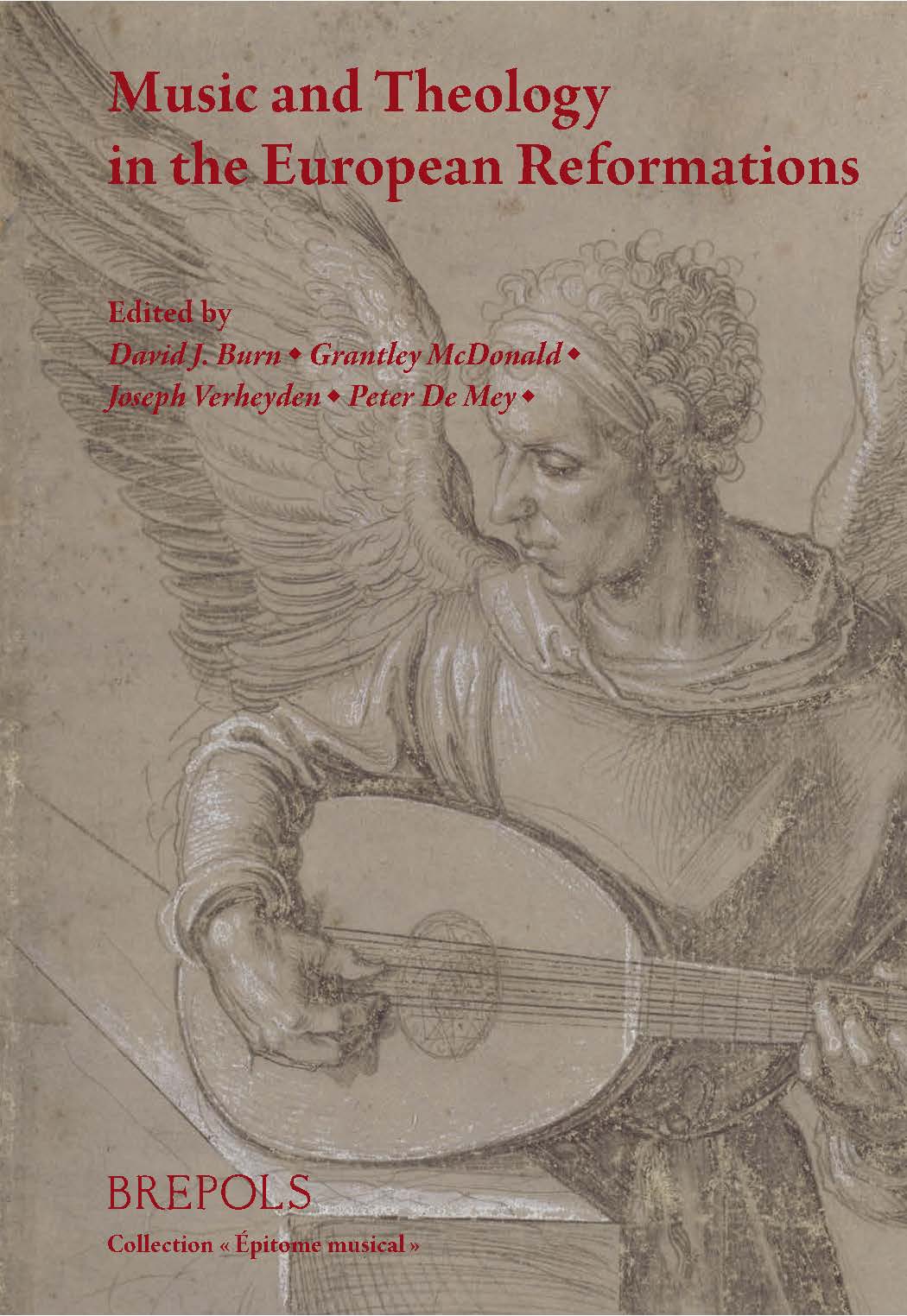Music and Theology in the European Reformations
 D. J. Burn, G. McDonald, J. Verheyden, P. De Mey (eds.)
D. J. Burn, G. McDonald, J. Verheyden, P. De Mey (eds.) « Epitome musical » 2019
Brepols.net
A multidisciplinary collection of twenty essays that examine the debates and controversies around music and theology during the period of the European Reformations from both Catholic and various Protestant perspectives. Throughout the history of the Church, music has regularly been placed under the critical microscope. Nonetheless, the intensity of thought concerning music’s role in the liturgy and in spiritual life in general reached a peak during the period of the European Reformations. This multidisciplinary collection examines the debates and controversies around music and theology during that time from both Catholic and various Protestant perspectives. It includes twenty essays from musicologists, theologians, Biblical scholars, and Church historians that attempt to answer the following questions: What difference did the theological and ecclesiological developments of the sixteenth century make to musical forms and practices? What continuities of practice existed with former times? How was the desire to restore the church to an imagined pristine state manifest in music and liturgy? How did developments in exegesis arising from the massively increased knowledge and access to the Bible in Hebrew and Greek affect the way composers wrote and congregations heard? Why did some reformers embrace music, while others rejected it?
